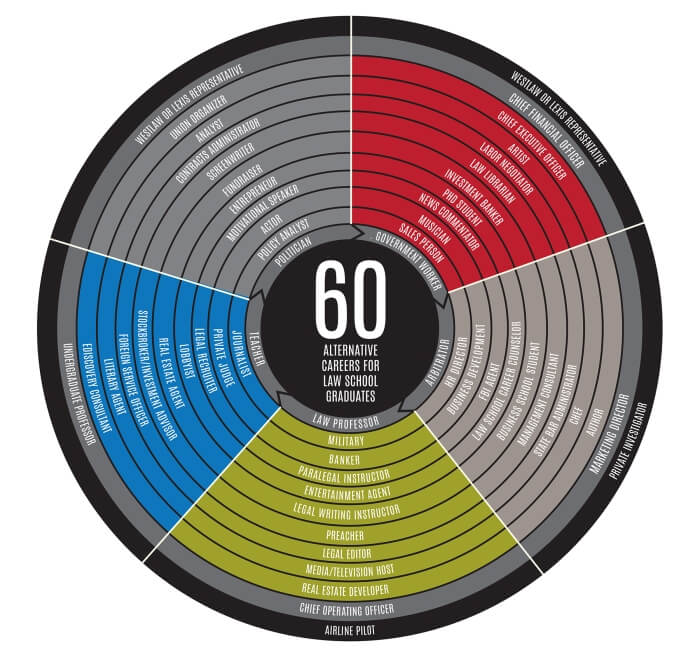
The appellate court observed that in cases “where, as here, the police are aware that an attorney has appeared in a case before the chemical breath test begins, they must make reasonable efforts to inform the motorist of counsel’s appearance if such notification will not substantially interfere with the timely administration of the test.”
The decision of the Second Department affirmed an earlier order by Acting Supreme Court Justice George Peck in Nassau County.
Washington was arrested for allegedly hitting a pedestrian with her car on Aug 30, 2010. As soon as her family learned of the incident, they hired a lawyer, Anthony Mayol, to represent her. The lawyer called police headquarters just before Washington gave her consent to the breath test.
She was charged with vehicular manslaughter, as the pedestrian later died, and she was also charged with DUI and related charges.
According to the ruling, Washington’s lawyer (whose presence she was not aware of and the police did not inform her about) had told the police that he represented Washington and that “You have to stop all questioning and we’re not consenting to any form of testing whatsoever.”
However, the police suppressed the information from Washington and made her take the breath test.
Cellphone records of the lawyer show that he was still on line, when the police administered the breath test.
At the suppression hearing, Washington pleaded not guilty, and the judge granted her motion to suppress the results of the test, as she had been denied access to her lawyer.
However, Nassau County went for appeal, arguing that Washington had failed to invoke her right to counsel before consenting to the test. On the other hand Washington argued that once her attorney was on the scene, it was the responsibility of the police to allow her to consult with her lawyer.
The majority held that Washington’s right to counsel had been violated. The ruling observed, “Law enforcement’s ability to compel the defendant to submit to a breath test will not sanction the deprivation of the defendant’s right to counsel under the state Constitution.”
In dissent, Justice Daniel Angiolillo observed, “Under the rule announced today, a defendant is not only given the right to consult with an attorney after making a decision to submit to a chemical blood-alcohol content test, the defendant is also given the right to reconsider and revoke a previously valid consent.”
The case is People v. Washington, New York State Supreme Court, Appellate Division, Second Department, No. 2011-07259












































